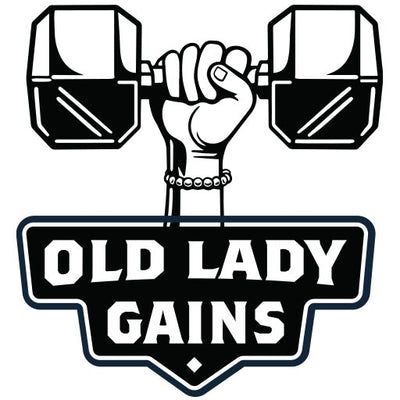Protein Myths and Facts for Midlife: Dispelling Common Misconceptions
Aug 20, 2023
As we enter the midlife years, our bodies undergo various changes that require careful attention to our nutritional intake. Protein, often hailed as a vital macronutrient, plays a crucial role in maintaining muscle mass, bone health, and overall vitality. However, the world of nutrition is rife with myths and misinformation, especially when it comes to protein consumption in midlife. In this blog post, we'll debunk some common protein myths and provide you with the facts you need to make informed dietary choices.
Myth 1: More Protein is Always Better
One prevailing myth is that consuming excessive protein will lead to increased muscle mass and better health. While protein is essential for muscle repair and growth, consuming excessive amounts won't necessarily provide better results. The body can only utilize a certain amount of protein at a time, and excess protein is often converted into energy or stored as fat. Instead of focusing solely on quantity, midlifers should prioritize consuming the right amount of protein based on their individual needs and activity levels.
Fact 1: Adequate Protein Intake is Key
While more protein isn't always better, ensuring you consume an adequate amount is crucial. As we age, our bodies become less efficient at utilizing protein, making it important to maintain protein intake to support muscle maintenance and immune function. The Recommended Dietary Allowance (RDA) for protein is approximately 0.8 grams per kilogram of body weight, but some experts suggest that slightly higher intake (around 1.0-1.2 grams per kilogram) may be beneficial for midlifers to maintain muscle mass and bone density.
Myth 2: Animal Proteins are Superior to Plant Proteins
Another common misconception is that animal-based proteins are superior to plant-based proteins in terms of quality and nutrient content. While animal sources are rich in complete proteins (containing all essential amino acids), many plant sources can also provide high-quality protein. Combining different plant protein sources can help ensure you receive a variety of amino acids.
Fact 2: Plant Proteins Can Be Nutrient-Rich
Plant-based proteins like beans, lentils, quinoa, nuts, and seeds can provide ample protein along with essential vitamins, minerals, and fiber. By incorporating a variety of plant-based protein sources into your diet, you can support your midlife nutritional needs while also benefiting from the antioxidants and phytochemicals present in these foods.
Myth 3: Protein Supplements Are Necessary for Optimal Health
The supplement industry often promotes protein powders and shakes as essential for midlife health. However, for most midlifers, obtaining protein from whole food sources is usually sufficient. Whole foods provide a broader spectrum of nutrients that support overall health and wellness.
Fact 3: Focus on Whole Food Sources
While protein supplements can be convenient in certain situations, they should not replace whole food sources in your diet. Aim to get your protein from a balanced selection of lean meats, fish, dairy products, legumes, whole grains, nuts, and seeds to ensure you benefit from the full range of nutrients these foods offer.
Protein is undeniably important for midlife health, but it's essential to separate fact from fiction when it comes to dietary advice. Dispelling these common myths and embracing the facts about protein intake in midlife can empower you to make more informed decisions about your nutrition. Remember that every individual's protein needs are unique, so consulting a healthcare professional or registered dietitian can help you tailor your diet to meet your specific requirements and goals for a vibrant and healthy midlife journey.













